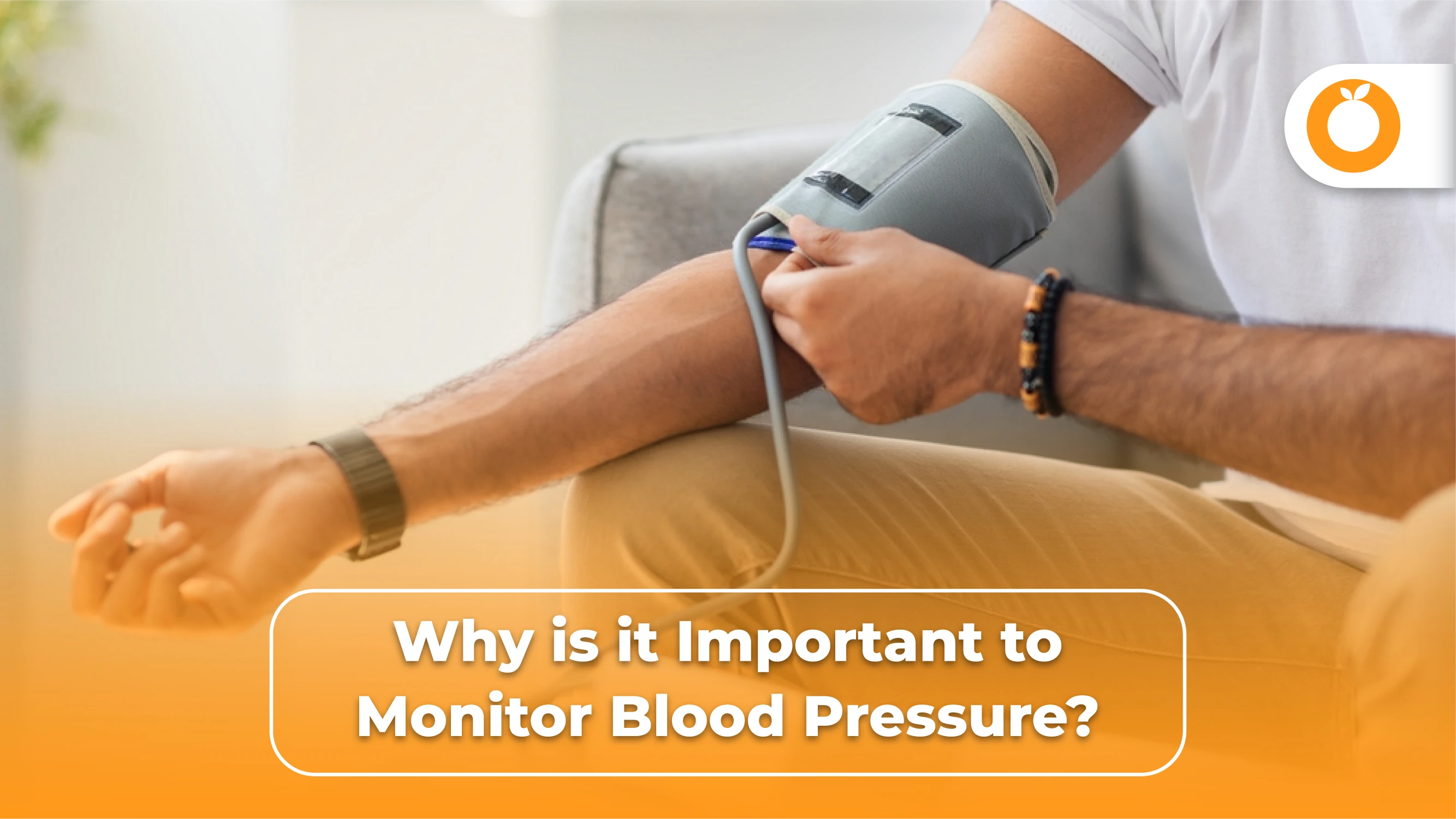Search for tests or checkups
SupportWhy Is It Important to Monitor Blood Pressure?

Blood pressure is a vital health indicator, yet many people underestimate its importance. Globally, millions of individuals have high blood pressure (hypertension), often without noticeable symptoms. Monitoring blood pressure is a simple, effective way to protect your health and prevent any health complications. This article explores why keeping tabs on your blood pressure matters, who should do it, and how regular monitoring can be a cornerstone of long-term wellness.
What Is Blood Pressure?
Blood pressure (BP) refers to the force exerted by circulating blood against the walls of the arteries, the vessels that carry blood from the heart to the rest of your body. It is measured in millimeters of mercury (mm Hg) and recorded as two numbers:
- Systolic pressure (the top number) is the force when the heart contracts and pushes blood out.
- Diastolic pressure (the bottom number) is the force when the heart relaxes between beats.
A normal blood pressure reading for most adults is typically around 120/80 mm Hg.
Why Regular Checks Matter
1. Early Detection of Hypertension
High blood pressure affects more than a billion people worldwide. In India alone, over 200 million adults are estimated to have it, and many don’t even know. Because it often has no symptoms, people may remain unaware until it starts to affect their health. Regular checks are the best way to catch it early and take steps to stay healthy.
2. Prevention of Heart Disease and Stroke
High blood pressure puts extra strain on the arteries and heart, forcing them to work harder. Over time, this can damage arterial walls, making them less elastic and more prone to clogging. In India, studies show that it is a major risk factor for both heart disease and stroke.
3. Reducing the Risk of Kidney Failure
The kidneys filter waste from the blood, a function that is heavily dependent on healthy blood vessels. Hypertension can damage the blood vessels within the kidneys, impairing their efficiency over time. But regular monitoring and care can help keep them functioning well.
4. Protecting Brain Health
Healthy blood pressure supports good circulation in the brain. This helps lower the risk of stroke, aneurysms and memory-related problems. Maintaining blood pressure in the normal range helps preserve cognitive function, especially as you age.
5. Monitoring Effectiveness of Treatment
For individuals already diagnosed with hypertension or related conditions, regular blood pressure checks are vital to ensure that prescribed medications and lifestyle changes are effective. Consistent monitoring allows for timely adjustments to therapy, preventing complications and hospitalizations.
Who Should Monitor Their Blood Pressure?
- All adults over 18 should have their BP checked at least once a year
- People with a family history of hypertension, diabetes, obesity, or high cholesterol should check more often
- Pregnant women benefit from routine monitoring to avoid complications
- Anyone on hypertension or heart medication should follow their doctor’s schedule
What Should You Do If Your Blood Pressure Is High
- Adopt a healthy diet, such as the DASH (Dietary Approaches to Stop Hypertension) diet, rich in vegetables, fruits, and low-fat dairy
- Reduce sodium (salt) intake
- Get regular physical activity, aim for 30 minutes daily
- Avoid tobacco and limit alcohol
- Manage stress with relaxation techniques
- Follow prescribed medications as directed
Also Read: Impact of Alcohol on LFT
Final Takeaway
Monitoring blood pressure is one of the simplest yet most powerful ways to prevent serious health problems. It enables early detection of hypertension, guides treatment decisions, and safeguards heart, brain, and kidney health. Whether you’re managing a chronic condition or simply being proactive, regular blood pressure checks should be a non-negotiable part of your wellness journey.

All About Respiratory Allergy

Do Frequent Coughs Mean Your Child Needs a Food Allergy Test?
